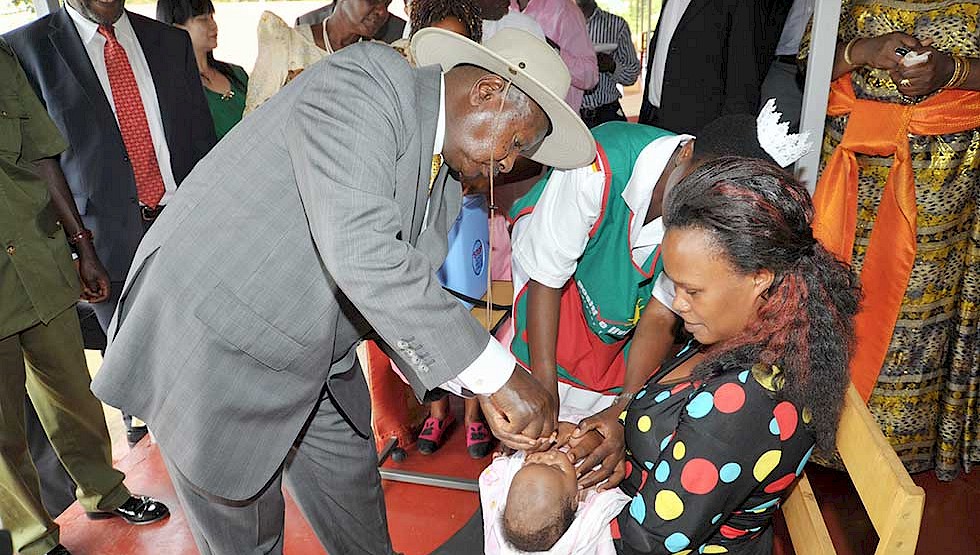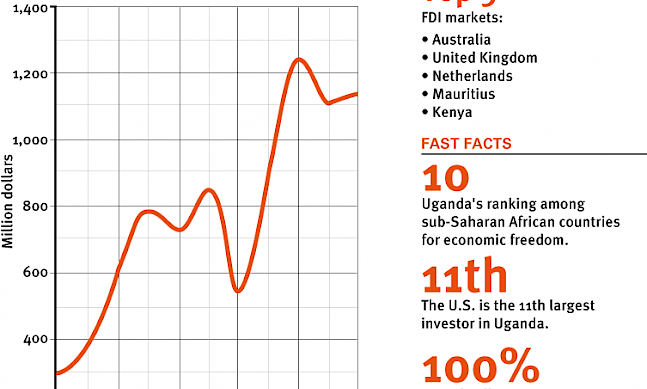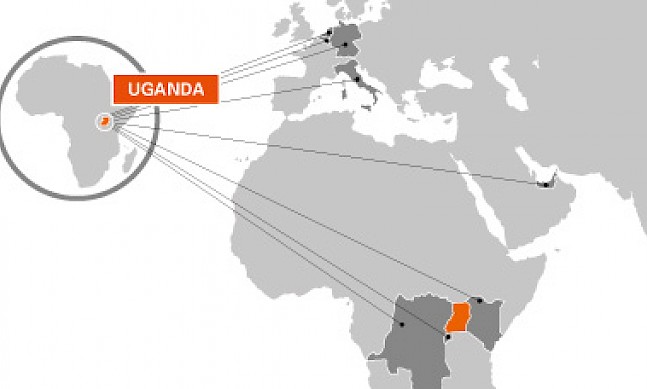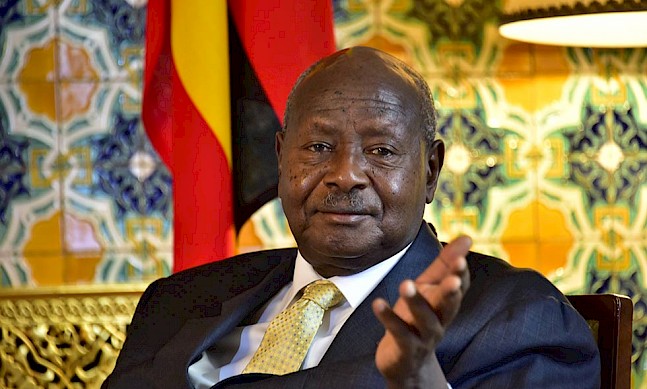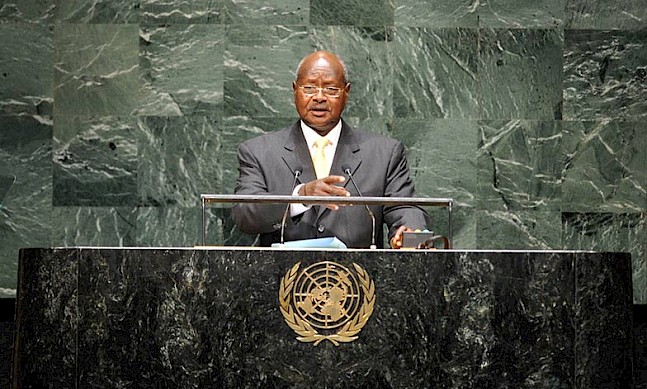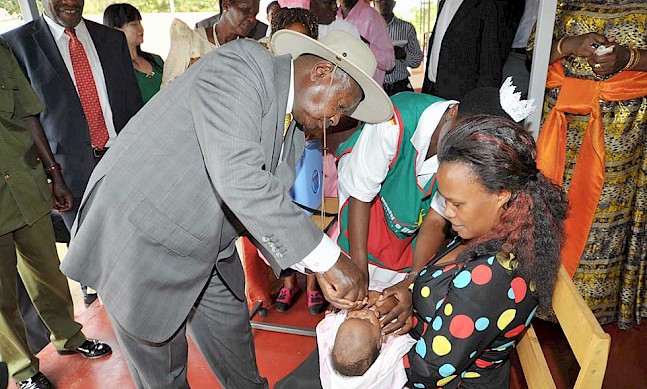The country’s economic development also has a human dimension — economic success has led to milestone achievements in healthcare and social services.
Uganda has gone from being an aid-dependent country to one sustained by trade in a remarkably short time.
The transition from widespread poverty to a largely self-sustaining, if still poor country has involved a deep commitment to improving healthcare. Long-term governmental cooperation with foreign institutions and investors has led to notable successes.
For example, when Uganda was hard-hit by the 1980’s AIDS epidemic, the newly-elected president, Yoweri Museveni, used media outreach, education and cooperation with international institutions to combat the disease. AIDS has declined from 15 percent in 1991 to seven percent today.
Social aspects remain a priority. President Museveni believes that foreign investment should benefit public health. Investor Tullow Oil recently co-funded a hospital in Bulisa, and Museveni stated that the hospital would “contribute towards long term improvements in the quality of life” for locals.
Further, in September, the Health Ministry and the United States Agency for International Development (USAID) started a two-month anti-malaria campaign. Uganda has long worked with USAID, which since 2006 has donated over $200 million to fighting malaria.
“Universal health coverage is on the Ugandan government’s post-2015 agenda.”
Elioda Timwesigye Minister of Health
Tweet ThisPrime Minister Ruhakana Rugunda, a doctor, places health care atop his agenda. Uganda has reduced infant and child mortality, he states, by “immunizing children and having health education lessons and paying attention to mother and child health issues.” Wider access to safe water and new vaccines has also reduced child mortality.
Research capacity-building is also underway. The Uganda Virus Research Institute (UVRI) is considered one of the region’s most advanced viral research facilities. The government’s continued infrastructure improvements will help women gain better access to antenatal care, also saving lives.
Further, universal healthcare coverage is on the Ugandan government’s post-2015 agenda, says Minister of Health Elioda Tumwesigye. And foreign investment in health care is encouraged too: the government “allocates money each year to support these hospitals, as a public-private partnership,” Tumwesigye says.
Other public figures actively champion health care issues. The First Lady, Janet Museveni, is the public face of a campaign to eliminate the mother-child transmission of HIV.


